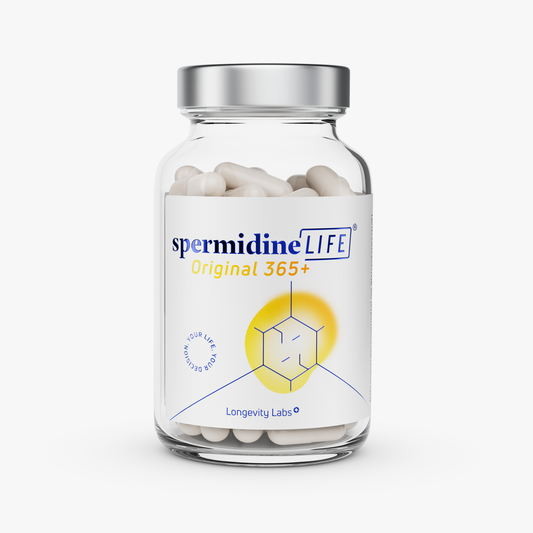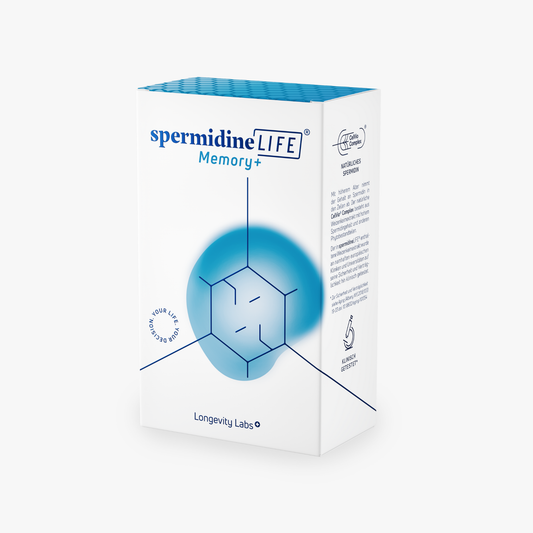
Energy production in the cell & fuel for the cell / What is energy for the cell?
Corporate,Fasting,Fitness,Nutrition,Science, TLL LongevityLabsEnergy production in the cell is an essential process that enables the maintenance of all vital functions. Cells require energy to carry out activities such as metabolism, transport of molecules, cell division, movement and communication. This energy is stored and used in the form of adenosine triphosphate (ATP). ATP is the "energy currency" of the cell.
Think of the cell as a small factory that is constantly working. This factory needs energy to do all the things it needs to do. The energy comes from the food you eat. The "engine of the factory," called the mitochondria, is like a power plant. Special chemical reactions take place here. Electrons (tiny particles) bounce around different parts of the mitochondria. This creates a kind of current. This "current" is stored as ATP, like a battery.
Fuel for the cell:
The main fuel for the cell is glucose, a simple sugar that is taken in and broken down from food. This breakdown occurs in several steps and is a complex process that takes place in the cells. It releases energy that is used for the production of ATP. However, glucose is not the only fuel. Fatty acids and amino acids, which are derived from fat and protein, can also be used to produce energy.
Energy for the cell:
For the cell, energy means the ability to do work. This work includes enzymatic reactions, transport of substances across the cell membrane, maintenance of the resting potential in nerve cells, muscle contraction, synthesis of biomolecules, and much more. Energy is stored in the form of ATP. ATP consists of an adenosine molecule bound to three phosphate groups. When a phosphate group is removed from ATP, energy is released, and ATP is converted to adenosine diphosphate (ADP) (exothermic reaction). This energy can be used by enzymes and proteins to catalyze chemical reactions.
The process by which ATP is primarily produced is called cellular respiration. This is a series of biochemical reactions that take place in the mitochondria. During this process, glucose and other molecules are broken down to produce energy in the form of ATP. Energy production is also vital to the cell. Without enough energy, the cells could not work, and your body would not function properly.






